14 Jun
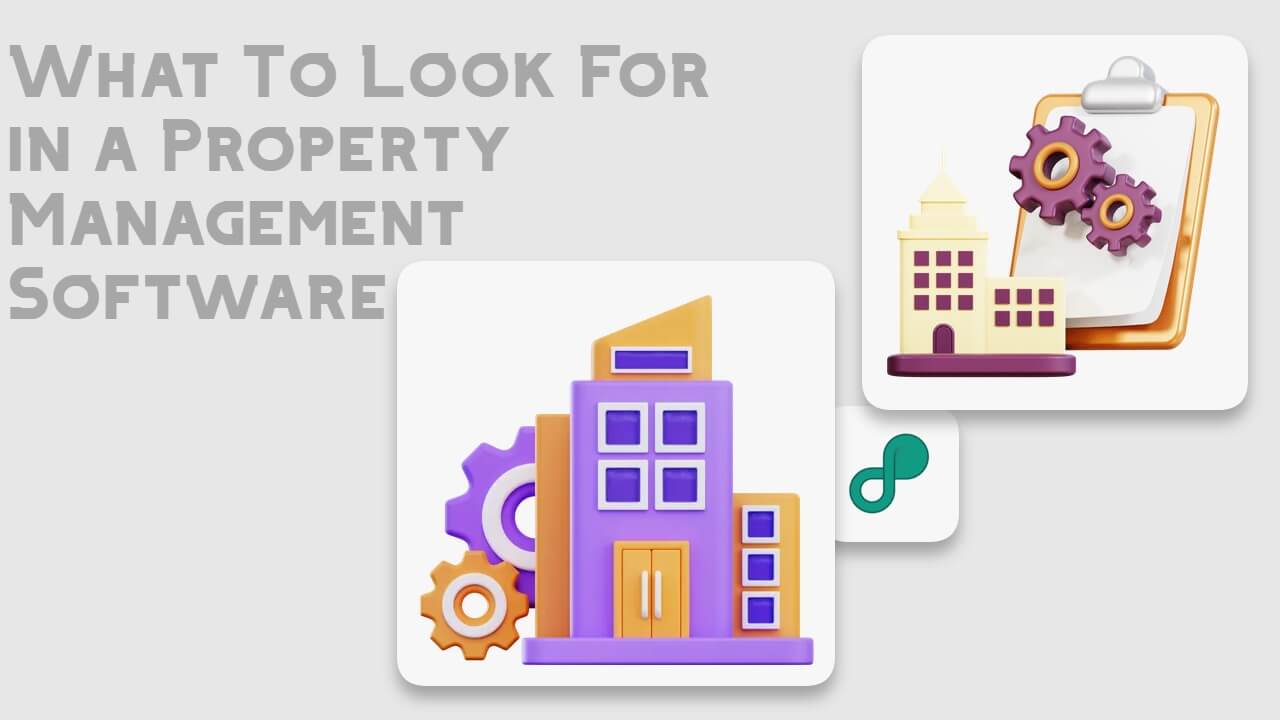
Managing properties, whether residential or commercial, can be a complex and demanding task. As a property owner and manager you need to handle various responsibilities such as tenant management, maintenance coordination, financial tracking, document organization, and more. The beauty is that good property management software can streamline and automate some of these tasks, leading to increased efficiency and productivity. It is vital to pick the right property management software, though. You ought to consider certain key features that will help you effectively oversee your properties and streamline operations. Let’s delve in and explore some of the important factors and features to consider when choosing a property management software”
Comprehensive Property Management Software Features
The first and most crucial aspect to consider is the core property management features offered by the software. Look for property software that has most of the following functionalities:
1. Tenant Information Management
Well, effective tenant management begins with a comprehensive tenant database. In this regard, look for property management software that provides a centralized platform to store and organize tenant information.
This should include contact details, lease agreements, rental history, and communication logs. The software should allow you to easily access and update tenant information, ensuring that it is always up-to-date and readily available when needed.
2. Lease and Rental Agreement Management
A robust property management software should also offer features to manage lease and rental agreements efficiently. Look for software that allows you to create, store, and manage lease agreements electronically. It should provide customizable lease templates that enable you to define terms, conditions, and rental amounts specific to each property and tenant. The software should also facilitate lease renewal reminders and automate the process of generating new leases, saving time and reducing administrative burdens.
3. Rent Collection and Tracking
Rent collection is a critical aspect of tenant management. You should be able to simplify tasks with property management software that offers robust rent collection features. The software should generate automatic rent reminders and notifications to tenants, reducing late payments.
Ideally, it should support multiple payment methods, including online payments, electronic funds transfers (EFTs), and credit card processing, providing flexibility for tenants. It is even better if the software can provide a clear overview of rent payment status and history for each tenant, allowing you to easily track and reconcile payments.
4. Tenant Screening and Application Management
Tenant screening is an essential aspect of selecting reliable and responsible tenants. So, look for property management software that includes tenant screening tools to simplify the screening process. The software should allow you to conduct background checks, credit checks, and reference checks on prospective tenants.
It is even better if the software can facilitate the collection and management of tenant applications and supporting documents, making it easy to review and evaluate applicants. Advanced software may even integrate with third-party screening services to streamline the screening process further.
5. Maintenance Request and Work Order Management
Managing maintenance requests and work orders is another key aspect of tenant management. Keeping this in mind, look for property management software that offers features to efficiently handle maintenance requests and track work orders.
The software should enable tenants to submit maintenance requests online, allowing them to receive, assign, and track them seamlessly. It should provide a centralized platform to manage work orders, schedule maintenance tasks, and communicate with contractors or maintenance staff. This streamlines the entire maintenance process, ensuring the timely resolution of issues reported by tenants.
6. Tenant Communication
Effective communication with tenants does help maintain positive landlord-tenant relationships and a good property management software can streamline this by providing robust communication tools. The software should allow you to send important announcements, notices, and updates to tenants in a timely manner, either through built-in communication features or integration with email and messaging platforms.
It should facilitate two-way communication, allowing tenants to submit maintenance requests, ask questions, and report issues easily. Efficient communication improves tenant satisfaction and helps address concerns promptly.
7. Tenant Portal and Self-Service Capabilities
A tenant portal is another valuable feature that empowers tenants and reduces administrative workload. Look for property management software that offers a tenant portal or self-service capabilities. The tenant portal should allow tenants to access their account information, view payment history, download important documents such as lease agreements and receipts, and submit maintenance requests. Providing tenants with self-service options enhances their experience and frees up property managers' time.
Tip: It is important to note that no property management software can have all these features, so it is essential to prioritize the features that align with your specific management needs and goals.
8. User-Friendly Interface
Good property management software should have a user-friendly interface to ensure smooth and efficient operations. A user-friendly interface simplifies your learning curve. You can navigate the software effortlessly. With an intuitive interface, you can quickly access and utilize the software's features without getting overwhelmed or confused.
You want to look for software with a clean and visually appealing interface. It should have clear menus, icons, and navigation paths that enhance user experience and improve productivity. You will reduce the time you spend in the onboarding phase, plus you will minimize errors that can cost you in the long run. It will lead to increased efficiency and satisfaction among property management teams.
9. Integration Capabilities
Integration capabilities are an important aspect of good property management software. The software should have the ability to seamlessly integrate with other systems and platforms that are essential for property management operations. Integration with accounting software, such as QuickBooks or Xero, and providers like REI Hub allows for streamlined financial management and eliminates the need for manual data entry.
Integration with online listing platforms, like Zillow or Realtor, simplifies the process of advertising vacancies and managing leads. The ability to integrate with payment gateways enables online rent collection, saving time and reducing manual errors. Property management software with strong integration capabilities enhances productivity, eliminates duplicate data entry, and ensures smooth communication between different systems, resulting in efficient property management processes.
10. Scalability
Good property management software should be scalable and customizable to meet the evolving needs of property owners and managers. Scalability is crucial as property portfolios grow and expand. The software should be able to handle an increasing number of properties, units, and tenants without compromising performance. It should allow for easy addition and management of new properties and units as the business expands.
Customization capabilities are equally important as they allow you to tailor the software to their specific requirements.
The ability to customize fields, workflows, and reports ensures that the software can adapt to unique business processes and preferences. A scalable and customizable property management software provides the flexibility and agility needed to efficiently manage a growing property portfolio and meet the changing needs of the business.
11. Ease of Accessibility
A good property management software should be easy to access, plus it should be tailored for mobile use. This will provide convenience and flexibility to you as a property owner and manager. With the increasing reliance on mobile devices, having a mobile app allows you to access the software anytime, anywhere.
It enables you to stay connected and manage their properties on the go, whether you are attending meetings, visiting properties, or responding to tenant inquiries.
Mobile accessibility streamlines operations and improves efficiency by providing real-time access to important information, such as tenant details, maintenance requests, and financial records.
It also empowers property managers to address issues promptly and make informed decisions on the spot. Easy access through a mobile app enhances productivity and responsiveness, ultimately leading to better property management outcomes.
12. Security and Data Protection
Security is another paramount consideration for good property management software. Property management involves handling sensitive and confidential information, such as tenant data, financial records, and legal documents. Secure software ensures that this information is protected from unauthorized access, data breaches, and cyber threats.
It should employ robust security measures, such as data encryption, secure login processes, and regular data backups. Compliance with industry-standard security protocols and regulations further strengthens the software's security.
In fact, secure property management software instills confidence in your tenants that you are safeguarding their personal and financial information. It also minimizes the risk of legal and financial liabilities associated with data breaches.
13. Good Customer Support
Customer support is a crucial factor when selecting a property management software vendor. A good property management software vendor should provide excellent customer support to ensure a smooth and seamless experience for their clients. You might encounter technical issues or have questions while using the software, and having responsive and knowledgeable customer support can greatly alleviate any challenges you face.
A vendor with good customer support offers timely assistance, whether it's through phone, email, or live chat. They should have a team of experts who are readily available to address concerns, provide guidance, and offer solutions. Effective customer support not only helps in resolving issues quickly but also demonstrates the vendor's commitment to client satisfaction. It fosters a positive working relationship between the property manager and the vendor, enhancing the overall experience and ensuring the software meets their specific needs.
Wrapping up
Investing in good property management software can help you streamline operations, increase efficiency, and enhance overall productivity. A good tool will help you automate functions such as tenant management, maintenance coordination, and financial tracking, property management software. Remember to take your time assessing the property management features and the vendor before buying is important to ensure that the software meets specific requirements and offers the necessary functionalities. Ask for a trial to help you dig deeper into the look and feel and functionalities of the property management software. Also, make sure you assess the vendor's reputation, customer reviews, and level of customer support to ensure a smooth implementation process and ongoing assistance when needed.
.png)
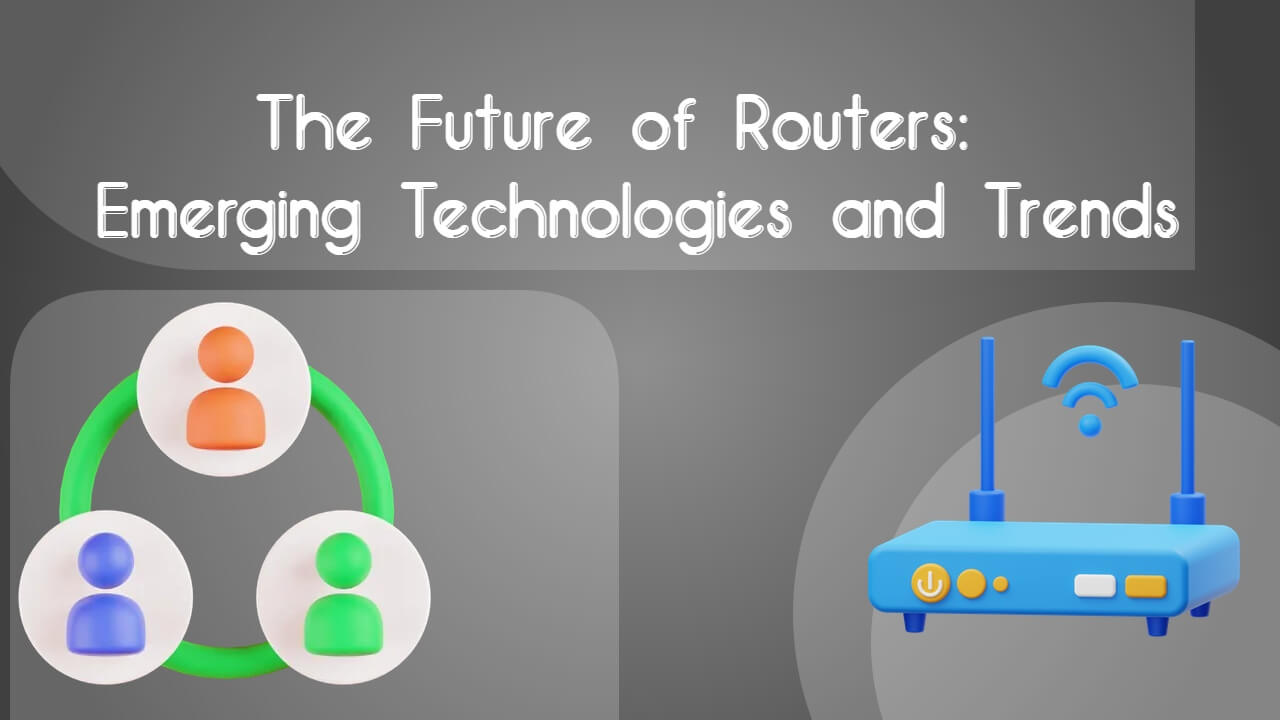



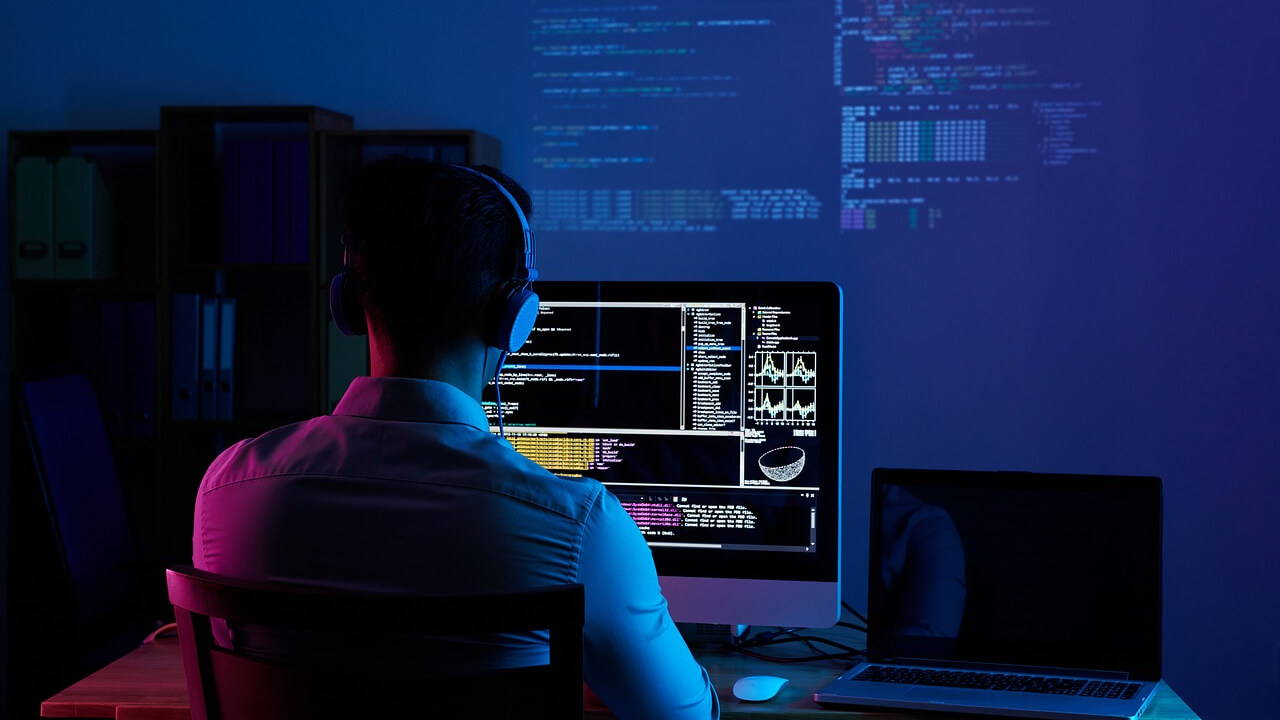
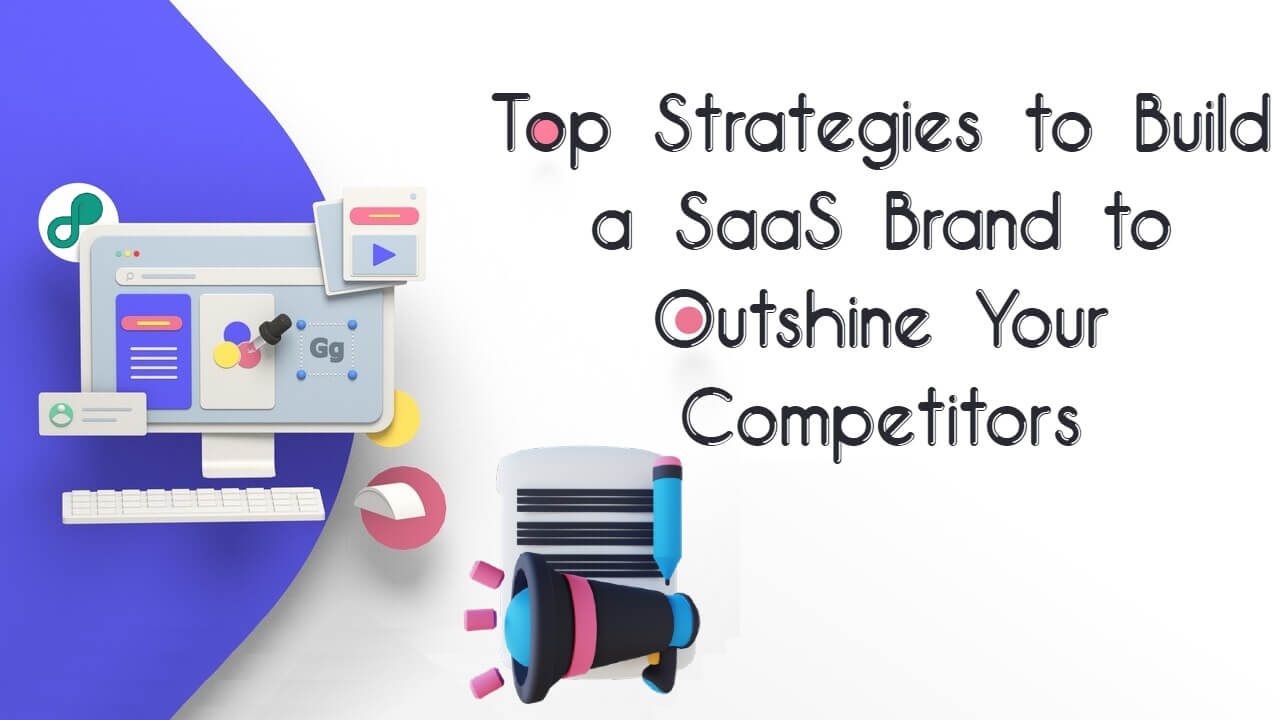
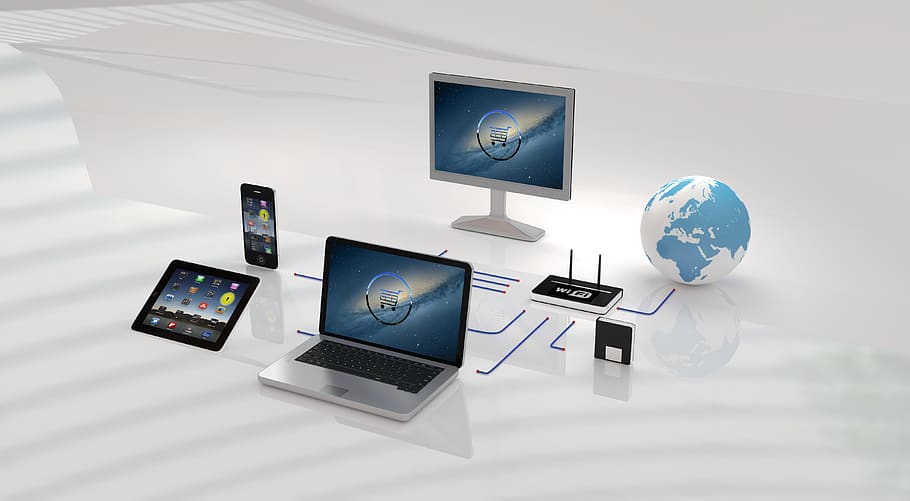
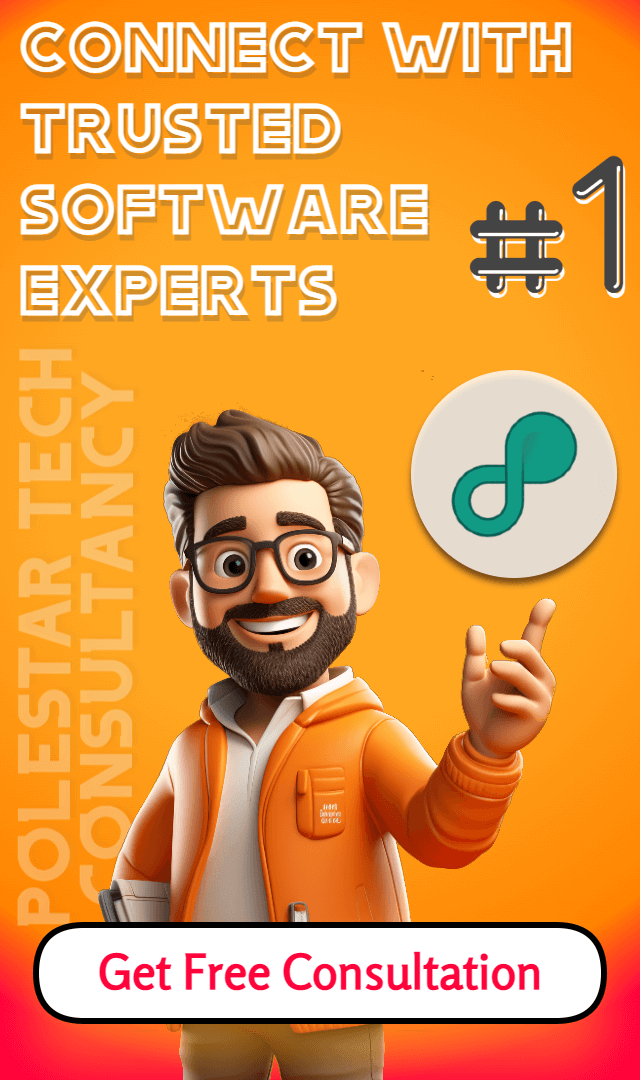


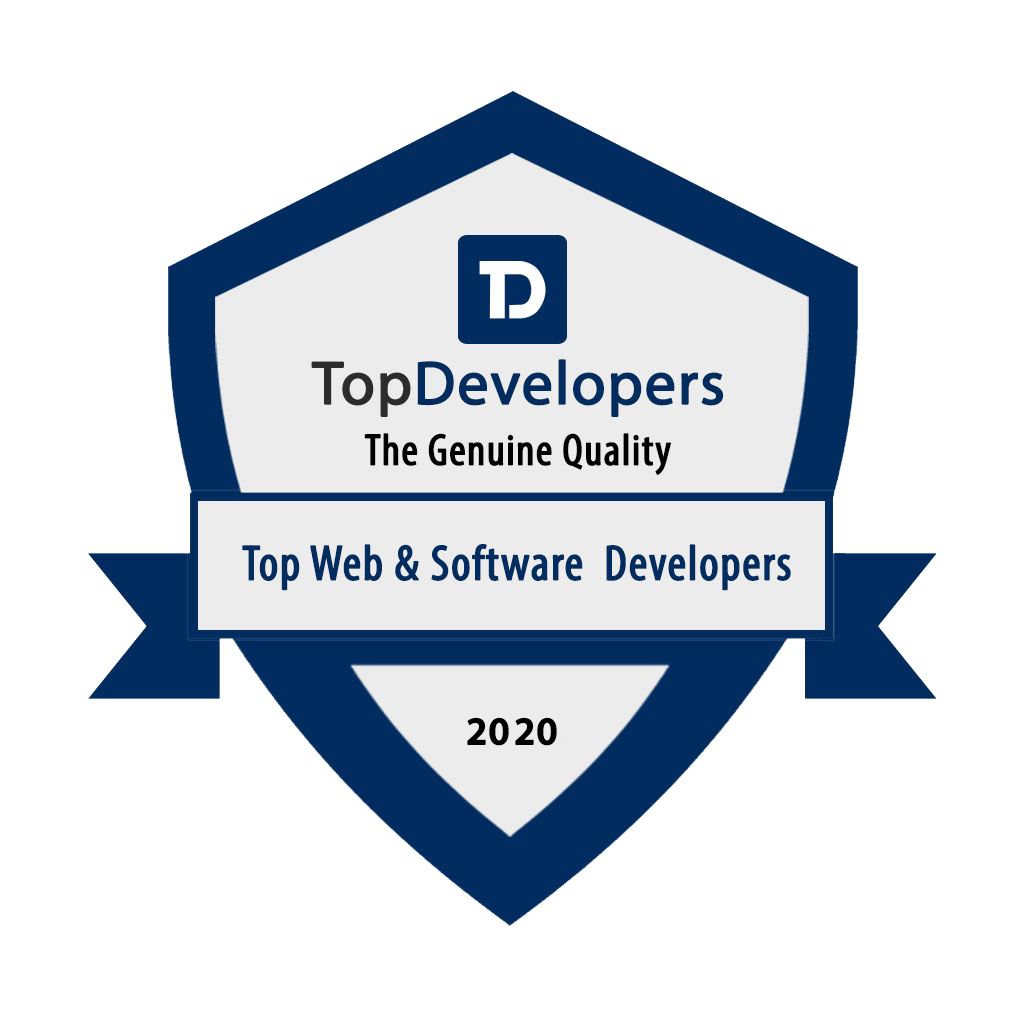

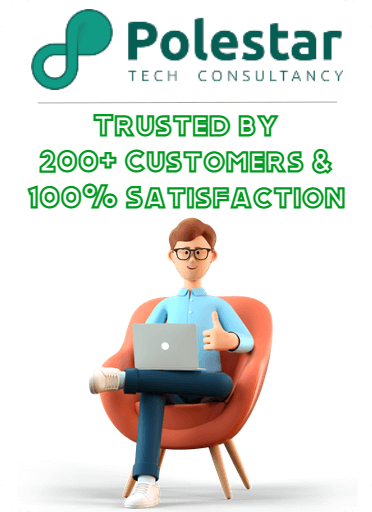
Jay Pala